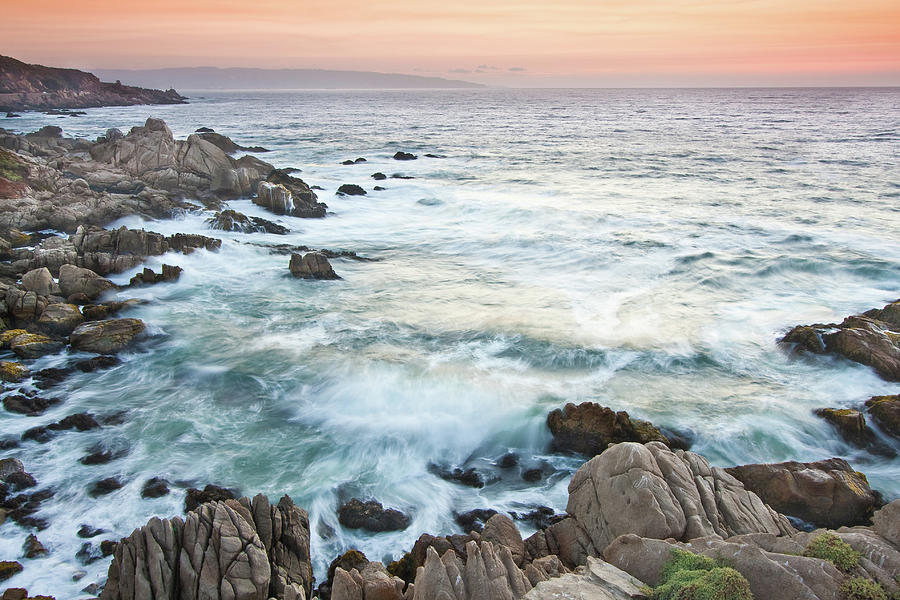A couple of passages from Spurgeon in this morning’s reading of We Shall See God hit home. The first:
“God, who has led his people to abandon the present for the future, must justify their choice.”
Spurgeon is speaking here of the reality of life after death, saying that if God calls upon us to sacrifice of the life we have here in the present without providing for our future beyond this life, then what purpose is there in that? If there is nothing beyond death in God’s creation, then what we believe is of no consequence. As a matter of fact, even with the existence of God, it would be pointless. As Paul has told us quite plainly, “If in Christ we have hope in this life only, we are of all people most to be pitied.” [my emphasis].
The afterlife is not merely a theological concern, but a philosophical one also. It seems that if certain things are true, then others must follow. If there is a loving God who created us and is concerned with our lives here, then it must follow there is something beyond that. I’m not just talking about the “reward” of Heaven – if we work simply for a reward, then where is our motivation? I’m saying Heaven is a natural continuation of a fulfilling life in God.
And this kind of leads me to the second passage:
“This present life is but the brief introduction to the volume of our history. It is but the rough border. These rippling streams of life come not to an end but flow into the endless, shoreless ocean of bliss.”
I can almost visualize this. Rivers can be absolutely beautiful, but the ocean is overwhelmingly so (especially if you’ve spent time on the Pacific coast – some of the most incredible ocean views you’ll ever see). Even if it’s still an imperfect analogy, if anything can show us the difference between the mere trickle of our present lives and the beautiful ocean of our future, this may come closest.

I don’t think I’ll ever see the ocean the same again.
